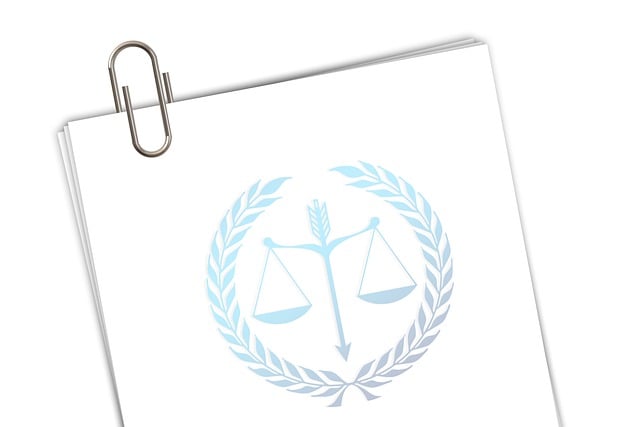Mail wire fraud targets vulnerable individuals with deceptive personal injury claims, often without legal representation. Fraudsters pressure victims to act swiftly, transferring money or sharing sensitive information. Protect yourself by verifying claims' legitimacy, seeking professional advice, and being cautious of unexpected financial offers or demands for action. Report suspected fraud immediately, freeze transactions, and involve law enforcement to mitigate losses and safeguard your financial security.
Mail wire fraud, a sophisticated scam targeting individuals seeking compensation, has become increasingly prevalent. This article unravels the intricate world of mail wire fraud, focusing on its mechanisms, common victims, and preventive measures. We explore how criminals exploit personal injury claims without a lawyer, emphasizing the importance of awareness. By recognizing red flags, such as unexpected payment requests and pressure tactics, individuals can protect themselves from falling victim to these deceptively appealing schemes.
- Understanding Mail Wire Frauds: How It Works and Common Targets
- Recognizing the Red Flags: Spotting Personal Injury Claim Scams
- Protecting Yourself: Steps to Avoid and Report Mail Wire Fraud
Understanding Mail Wire Frauds: How It Works and Common Targets

Mail wire fraud is a sophisticated crime that has become increasingly prevalent in today’s digital age. It involves manipulating individuals through deceptive communication to transfer money or sensitive information, often posing as legitimate entities like banks or legal firms. The process typically starts with a targeted individual receiving an unexpected email or phone call claiming there’s a personal injury or a legal issue requiring immediate attention.
Common targets include those who may be vulnerable due to recent accidents, the elderly, or individuals unfamiliar with legal procedures. Fraudsters create a sense of urgency, pressuring victims to act swiftly without proper verification. This crime often goes unnoticed as victims, especially those dealing with personal injury claims without a lawyer, might not realize they’ve been scammed until significant financial losses accumulate. Understanding these tactics is crucial in navigating the complex landscape of white-collar and economic crimes, particularly in high-stakes cases involving all stages of the investigative and enforcement process.
Recognizing the Red Flags: Spotting Personal Injury Claim Scams

Recognizing fraudulent personal injury claims is an essential step in protecting yourself from potential scams. Scammers often target individuals who are vulnerable or unaware of their rights, especially those considering a personal injury claim without a lawyer. Keep an eye out for sudden and unsolicited offers of financial settlement, as this could be a red flag. Be wary of calls or emails claiming to represent a respective business offering a quick resolution and substantial compensation, as these tactics are frequently employed in white-collar defense strategies aimed at deception.
Some common indicators include pressure to sign documents without proper legal advice, unusual urgency in settling the claim, or promises of a complete dismissal of all charges. Legitimate personal injury claims require thorough investigation and documentation of injuries, medical records, and witness statements. Always verify the legitimacy of the claim and seek professional advice before making any decisions regarding your rights and compensation.
Protecting Yourself: Steps to Avoid and Report Mail Wire Fraud

To protect yourself from Mail Wire Fraud, it’s crucial to stay vigilant and take proactive steps. Firstly, never share sensitive information like bank details or personal identification numbers over email or phone unless you’ve initiated the contact and verified the recipient’s identity. Be wary of unexpected emails or calls claiming to be from reputable organizations offering financial assistance or demanding immediate action for a personal injury claim without a lawyer.
If you suspect a fraudulent attempt, report it immediately. Contact your bank or financial institution to freeze any suspicious transactions. Additionally, reach out to local law enforcement and file a report. For corporate and individual clients facing white collar and economic crimes, staying informed about the latest scams is vital. Similarly, philanthropic and political communities should be vigilant against fraudsters targeting their charitable initiatives. Remember that early action can help mitigate potential losses and protect your financial well-being.
Mail wire fraud remains a persistent threat, targeting individuals seeking legitimate financial support. By understanding how these scams operate, recognizing red flags like personal injury claim scams, and taking proactive steps to protect yourself, you can significantly reduce the risk of falling victim. Remember that awareness is key; stay vigilant and always verify any unexpected requests for money or sensitive information, especially when dealing with claims that promise quick financial relief, such as personal injury settlements without the need for a lawyer.






